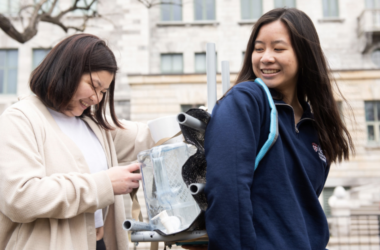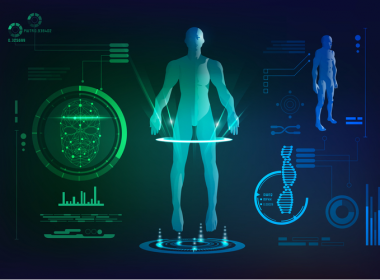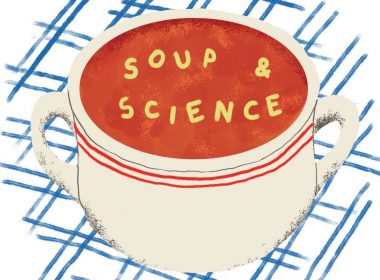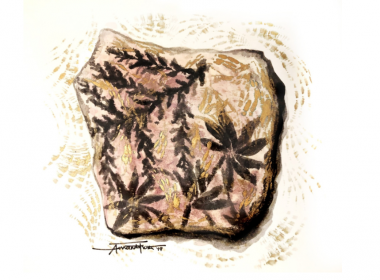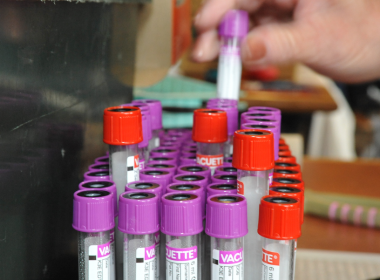Artificial intelligence (AI) is becoming increasingly commonplace in our society—from its implementation in smartphone apps like Siri and the curation of playlists on platforms like Spotify, to credit score calculations and even works of art. Over the past several years, McGill and, more broadly, Montreal, has emerged as a hub[Read More…]
Student Research
Team of undergrads designs water-filtering backpacks for low-access communities
Every day, more than 800 million people globally travel 30 minutes or more to access clean drinking water. Although access to clean water has improved since 2000, a lack of sanitation and sewage infrastructure, water treatment plants, and environmental factors like droughts mean that one in three people—especially those in[Read More…]
Giving back and moving forward in the medical sphere
Racial biases have major impacts on the medical field, from inaccurate diagnostics to nonconsensual procedures—but always to the detriment of marginalized communities. Many medical professionals at McGill and in Montreal are working to change this, however: The Social Accountability and Community Engagement Office of McGill’s Faculty of Medicine and Health[Read More…]
Methods of quantitative modeling revolutionize drug development
Mathematics and computer science are revolutionizing the way new drugs and treatments are tested and implemented. A new paper published in Chaos and written by U4 McGill Physiology and Math major Sofia Alfonso, postdoctoral researcher Adrianne L. Jenner, and Dr. Morgan Craig from the University of Montreal’s department of Math and[Read More…]
Nerdy going on thirty: Soup & Science returns for its 30th edition
The first-ever Soup & Science event, held in 2006, was hardly an extravagant affair. Professors and students gathered together in the second-floor lobby of the Trottier building to talk science, pass along research developments, and, of course, share in the event’s eponymous light refreshments. Thirty editions and a venue change[Read More…]
The cognitive mechanisms behind depression
One in five Canadians will experience some form of mental illness in a given year. By the age of 40, 50 per cent of the population will have had a mental illness as the result of a complex interaction between personality, biological, and environmental factors. Bipolar disorder has a clear,[Read More…]
Racialized people receive lower quality mental health services
Over the last few years, campaigns such as Bell Let’s Talk and a greater representation of mental health have increased awareness of and reduced stigma associated with accessing mental health services. Despite these steps forward, many people of colour still have trouble accessing quality services. Sommer Knight, a graduate student[Read More…]
Uncovering past climates through paleobotany
Paleontology has long offered scientists insight into the mysteries of prehistory. Through excavations of colossal skeletons, petrified insects, and fossilized plants, researchers can uncover what life looked like long ago. Despite the extensive study of animals from the Cretaceous period, which stretched from 145.5 million years ago to the dinosaur[Read More…]
A new era of precision medicine to start at McGill
There are three things that get doctors jazzed up: Sleep, coffee, and precision medicine. Caricatures aside, the next stage of medicine will likely include increasingly accurate diagnoses and personalized treatments that consider patients’ genetics, known as precision medicine. Large tissue sample collections and big data on tissue donors have been[Read More…]
Searching for a home away from home
Scientists believe that planets outside of the solar system capable of supporting life should look a lot like Earth. The theory posits that if the chemical components comprising Earth’s atmosphere can be found in that of distant planets, those worlds could harbour similar carbon-based life-forms. This summer, two McGill University[Read More…]

